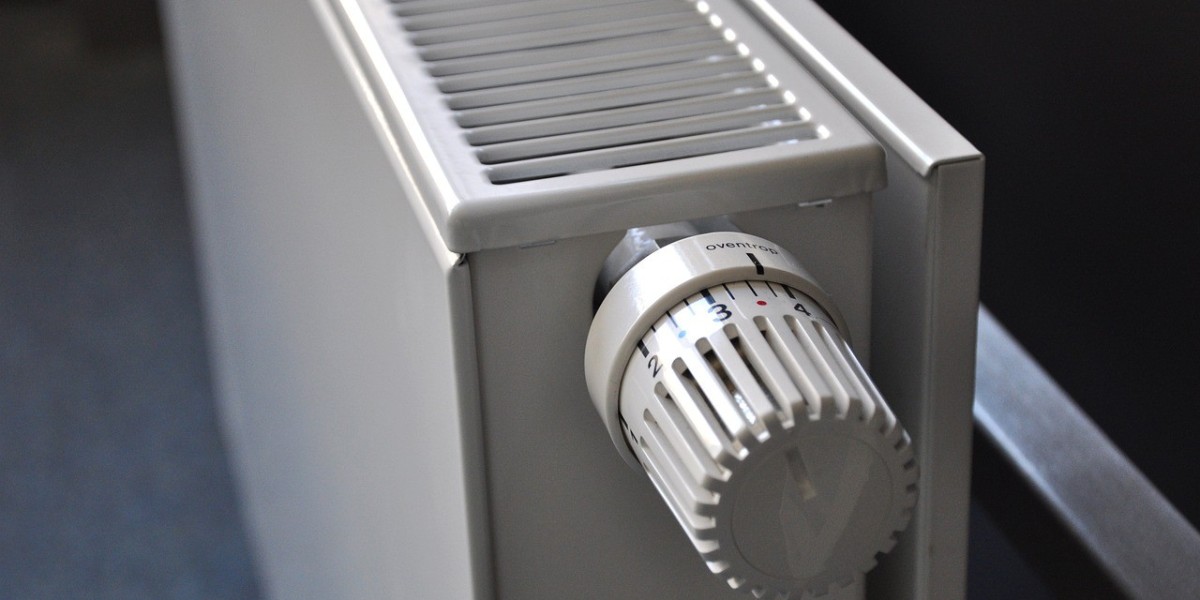In the realm of caregiving, healthcare, and hospitals, the latest winter situational report data from NHS England has revealed significant challenges. Rory Deighton, the director of the NHS Confederations Acute Network, highlighted the strain on services due to the combination of winter pressures and ongoing walkouts by junior doctors.
Deighton acknowledged the efforts of health leaders and staff who have worked tirelessly to prepare for this challenging period. Despite the proactive planning and hard work, the data unmistakably indicates that this is one of the most challenging winters the NHS has ever faced.
The rising levels of flu and other winter viruses, coupled with a high number of staff absences, have created a demanding environment. Several trusts have declared critical incidents, raising concerns among members about the capacity to address the increasing demand. Ambulances continue to face delays outside hospitals, and many patients who could be discharged remain in hospital beds.
Severe weather conditions, including the impact of storm Henk, further challenge local resilience teams and add to the burdens faced by NHS staff dealing with flooding consequences.
Looking ahead, the anticipation of a cold snap raises concerns about additional pressure on services, potentially impeding recovery from the longest strike in NHS history. The prolonged industrial action has resulted in millions of patients languishing on waiting lists, with over 1.2 million appointments and operations cancelled in the past year. This emphasises that patients are bearing the brunt of the dispute.
Expressing hope for cooperation between the British Medical Association (BMA) and NHS, Deighton emphasises the need for smooth recall processes for time-critical requests, prioritising the best interests of patients.
Key Statistics:
The average number of patients in hospitals with flu daily last week was 1,312, a 39% increase from the previous week but significantly lower than the 5,441 during the same week last year.
Daily hospitalisations of adults with norovirus averaged 377 last week, reflecting a 16% decrease from the previous week.
Staff absences averaged 47,779 each day last week, a 4% decrease from the previous week.
Ambulance handover delays exceeding 30 minutes accounted for 29% last week, up from 23% the previous week but well below the 44% reported during the same week last year.
On average, 11,478 beds each day were occupied by patients no longer meeting hospital residence criteria, a slight increase from the previous week.
*Statistics correct as of 08/01/2024







